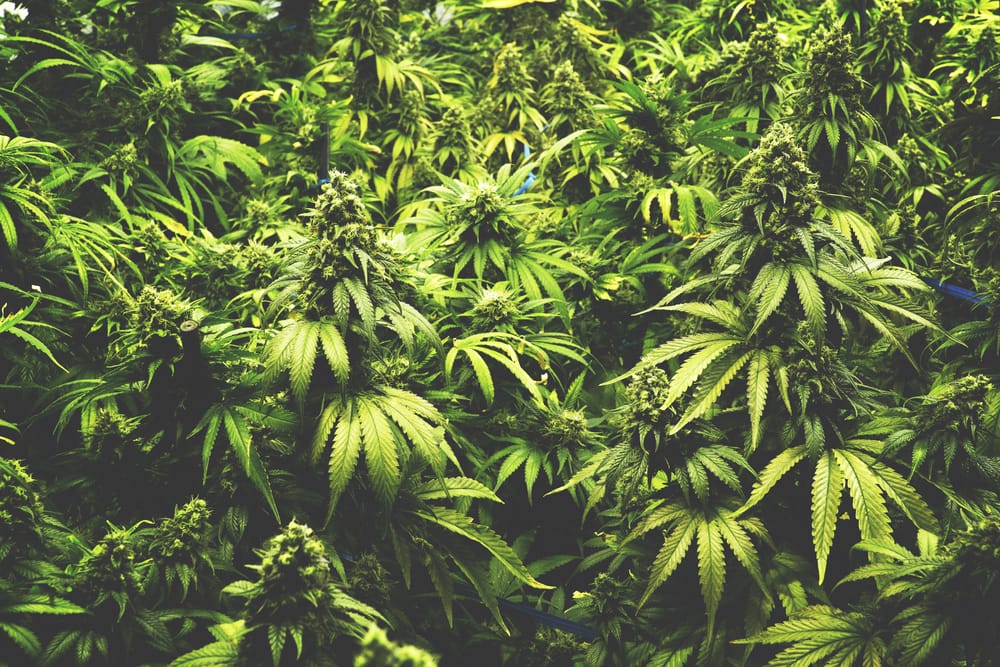Drug Offences: I Heard Marijuana is Going to be Legal, So I Can’t be Charged, Right?

It’s no secret that history was recently made when the federal government launched its long-promised effort to legalize recreational marijuana. This move has kick-started a slew of huge policy changes that concern public health and safety across Canada.
Naturally, many questions arise when it comes to the implementation of such changes. Here are a couple of answers, for clarity’s sake.
So before this all becomes official, can I still get in trouble with the law?
For the time being, yes. Although different provinces may take different approaches to enforcement, marijuana dispensaries are illegal and currently not licensed or permitted by the province of Alberta. It is also still an offence to possess marijuana, even for personal use. The only exception is medical marijuana, which has been legal since 2000. People in possession of medical marijuana must be legally in possession of it, which means having a prescription for medical marijuana and following the rules and regulations under the Marihuana For Medical Purposes Regulations (MMPR).
When does marijuana actually become legal?
Federal legalization could happen as early as July 1, 2018, but the federal government has followed the Task Force on Cannabis Legalization’s recommendation to allow provinces to set their own policies for distribution and selling. This means it may take longer to implement legislation at the provincial level as the finer details are worked out. Calgary Mayor Naheed Nenshi has expressed a desire to set the minimum age in Alberta higher than the federally mandated minimum age of 18, but nothing is yet concrete.
A few highlights of the federal legislation:
- Sales will be restricted to people 18 and over (adults), though provinces have jurisdiction to increase this age.
- Adults will be able to possess up to 30 grams of dried cannabis, or its non-dried equivalent.
- Legislation will allow police to use “oral fluid screening devices” to test for marijuana impairment while driving, which will remain illegal.
- Sales by mail through a federally licensed producer will be allowed in provinces without a regulated retail system.
- Adults will be allowed to grow up to 4 plants per home, under 1 metre high each.
- Adults will be allowed to produce marijuana products (food or drink) for use at home.
- To start, sales will be limited to fresh and dried cannabis, oils, seeds, and plants. Sales of edibles will be developed later.
- Possession, production and distribution outside the legal system will remain illegal, as will imports or exports without a federal permit; permits are largely limited to medical marijuana and industrial hemp.
- People entering Canada will still be subject to searches for prohibited goods, marijuana included.
- The medical marijuana program will continue as is.
We hope this clarifies current legalities around the use, possession, and sale of marijuana. Have questions, or want a free consult? Contact us today.